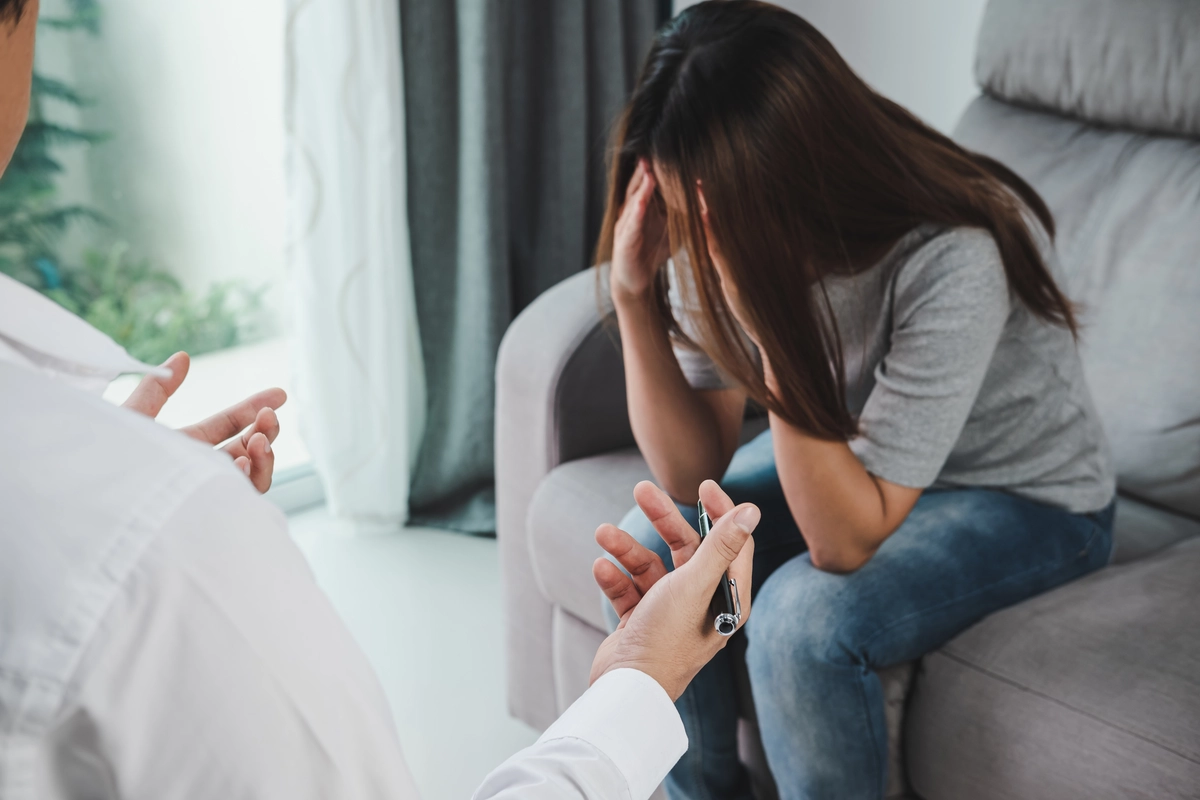24/7 Helpline:
(866) 899-221924/7 Helpline:
(866) 899-2219
Learn more about Dual Diagnosis Rehab centers in Grand County
Dual Diagnosis Rehab in Other Counties

Other Insurance Options

Amerigroup

BlueCross

PHCS Network

Ambetter

Multiplan

Excellus

Absolute Total Care

Sliding scale payment assistance

Providence

Private insurance

Medical Mutual of Ohio

State Farm

Ceridian

CareFirst

AllWell

GEHA

Magellan Health

Evernorth

Lucent

Group Health Incorporated

A Stepping Stone to Success
A Stepping Stone to Success is a private rehab located in Winter Park, Florida. A Stepping Stone to ...

New Leaf Center
New Leaf Center has provided outpatient mental health and addiction therapy services in the Orlando ...

La Amistad – Adult Program
Located on a serene campus in Winter Park, Florida, La Amistad is a substance use and co-occurring d...

Choices Counseling Center
Choices Counseling Center is a private treatment center located in Winter Park, Florida. Choices Cou...

WhiteSands Treatment – Winter Park
WhiteSands Treatment – Winter Park is a private rehab located in Winter Park, Florida. WhiteSands Tr...

The Village – Transitional Housing Program
The Village – Transitional Housing Program is a private rehab located in Winter Park, Florida. The V...

Oakland Psychological Clinic
Oakland Psychological Clinic is a private traditional rehab located in Fraser, MI. Oakland Psycholog...

Parshall Resource Center
Parshall Resource Center is a drug and alcohol rehab and resource center in Parshall, ND. They provi...





















Luna Counseling
Luna Counseling is a private rehab located in Winter Park, Colorado. Luna Counseling specializes in ...

AA – Alcoholics Anonymous
AA – Alcoholics Anonymous is a non-profit rehab located in Granby, Colorado. AA – Alcoholics Anonymo...

Mind Springs Health
Mind Springs Health provides counseling and therapy for mental illness and substance abuse to indivi...

Luna Counseling
Luna Counseling is a private rehab located in Granby, Colorado. Luna Counseling specializes in the t...

Another Chance Counseling Center
Another Chance Counseling Center is a private rehab located in Winter Park, Florida. Another Chance ...

Florida Hospital Outpatient Center for Behavioral Health
Florida Hospital Outpatient Center for Behavioral Health is a private rehab located in Winter Park, ...

Recovery Center
Recovery Center is a private rehab located in Winter Park, Florida. Recovery Center specializes in t...

ACT Center
ACT Center provides an outpatient substance abuse evaluation and treatment. ACT Center utilizes a ba...

Turning Point of Central Florida
Turning Point of Central Florida - Winter Woods Boulevard offers outpatient treatment for individual...

NewBridge Recovery & Wellness Center
NewBridge Recovery & Wellness Center is an outpatient substance abuse and addiction treatment center...

CARE – Utica Road
Founded in 1977, CARE - Utica Road is a Macomb County based non-profit with a 39 history of providin...







































































